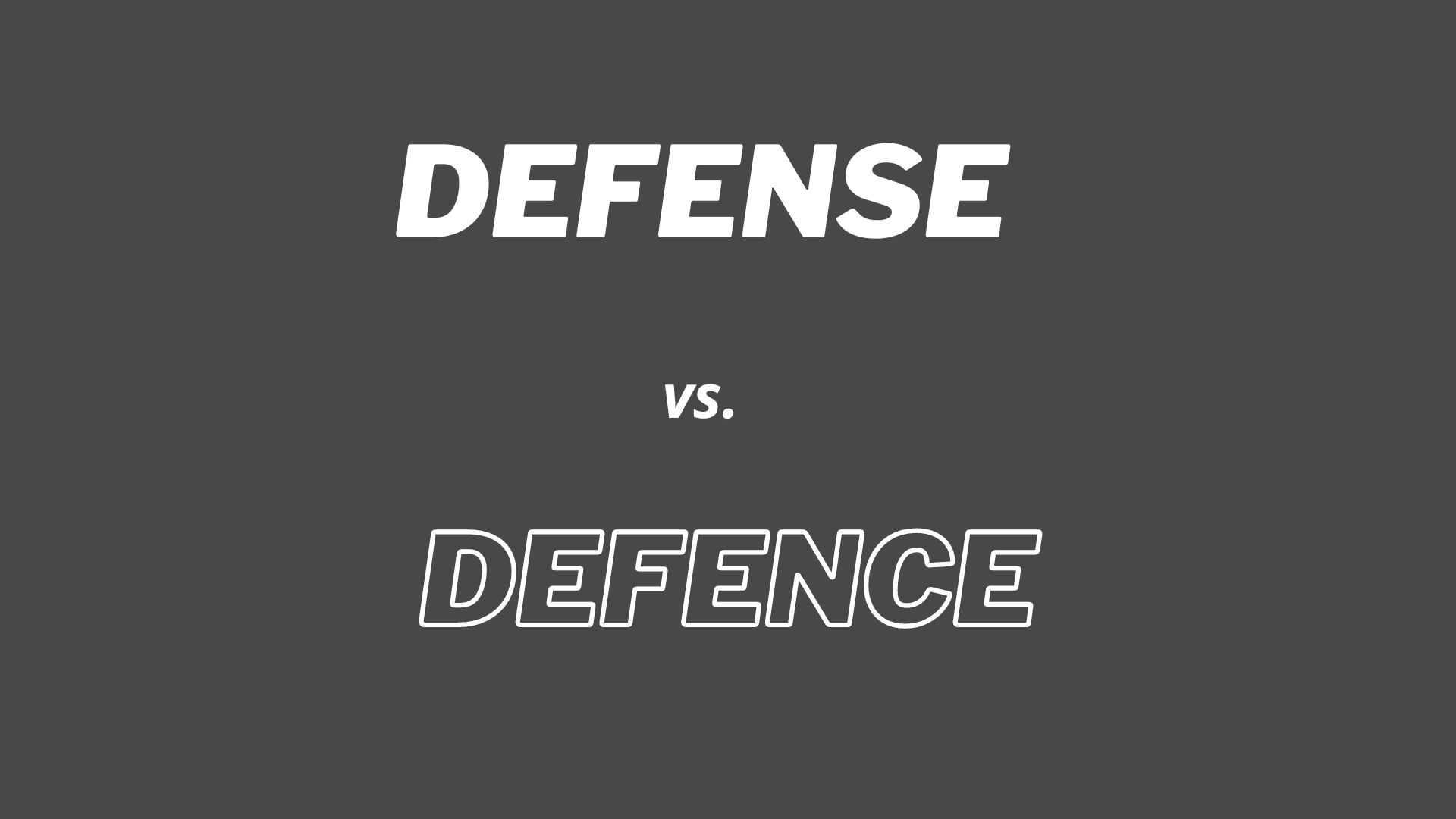

This article will take learners on a journey through the linguistic history of American and British English, explore the usage of "defense" and "defence" in both dialects, compare and give examples of these words in sentences, list resources for further learning, and provide ESL tips for non-native English speakers.
English is a global language spoken by millions of people across the world. However, there are significant differences in how English is spoken in different parts of the world. The most notable differences are between American and British English. These differences emerged in the 17th century when English was first introduced in the United States. Over time, the language evolved differently on both sides of the Atlantic, leading to spelling, grammar, and vocabulary variations.
One of the most noticeable differences between American and British English is the spelling of certain words. In American English, "defense" (with an "s") is the preferred spelling, while in British English, "defence" (with a "c") is the standard spelling. However, it is worth noting that both spellings are correct and are widely used in both dialects.
Here are some examples of sentences and phrases:
American English
British English
For non-native English speakers, the differences between American and British English can be confusing. It is essential to understand these differences to communicate effectively in English. To help non-native speakers learn the differences between "defense" and "defence," here are a few ESL tips:
Many resources are available online for anyone wanting to learn more about American and British English. Here are a few to get started:
English is a complex language with many variations, and the differences between American and British English only add to its complexity. While the debate over "defense" vs. "defence" may seem trivial, it highlights the nuances of the English language and the importance of understanding these differences. Whether one prefers "defense" or "defence," it is essential to remember that both spellings are correct and widely used in both dialects.
Data: March 26th, 2023
 Theresa
Theresa